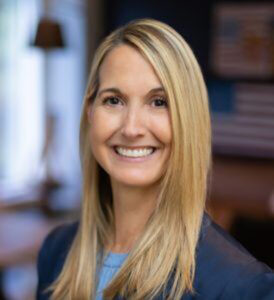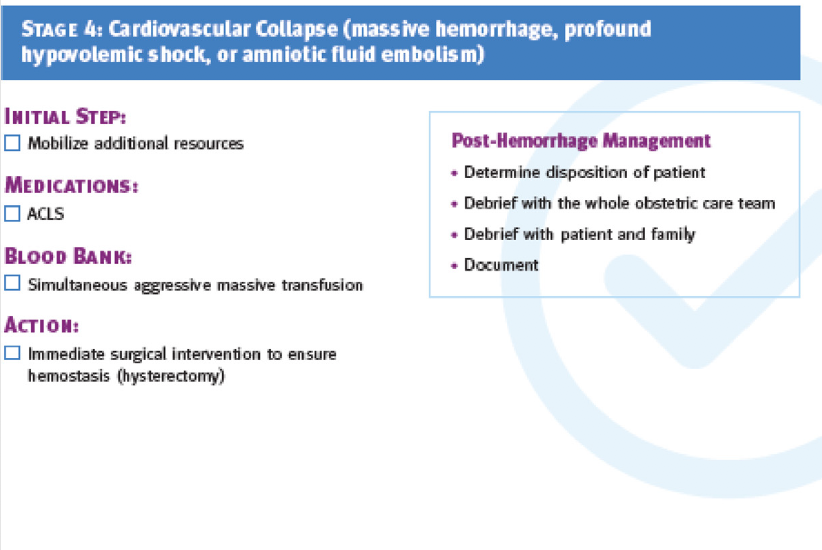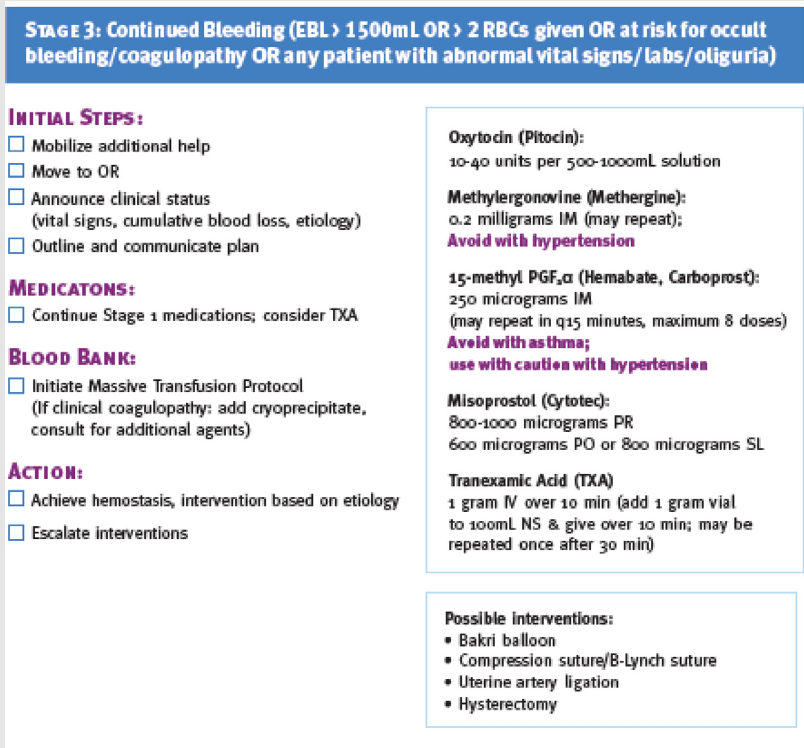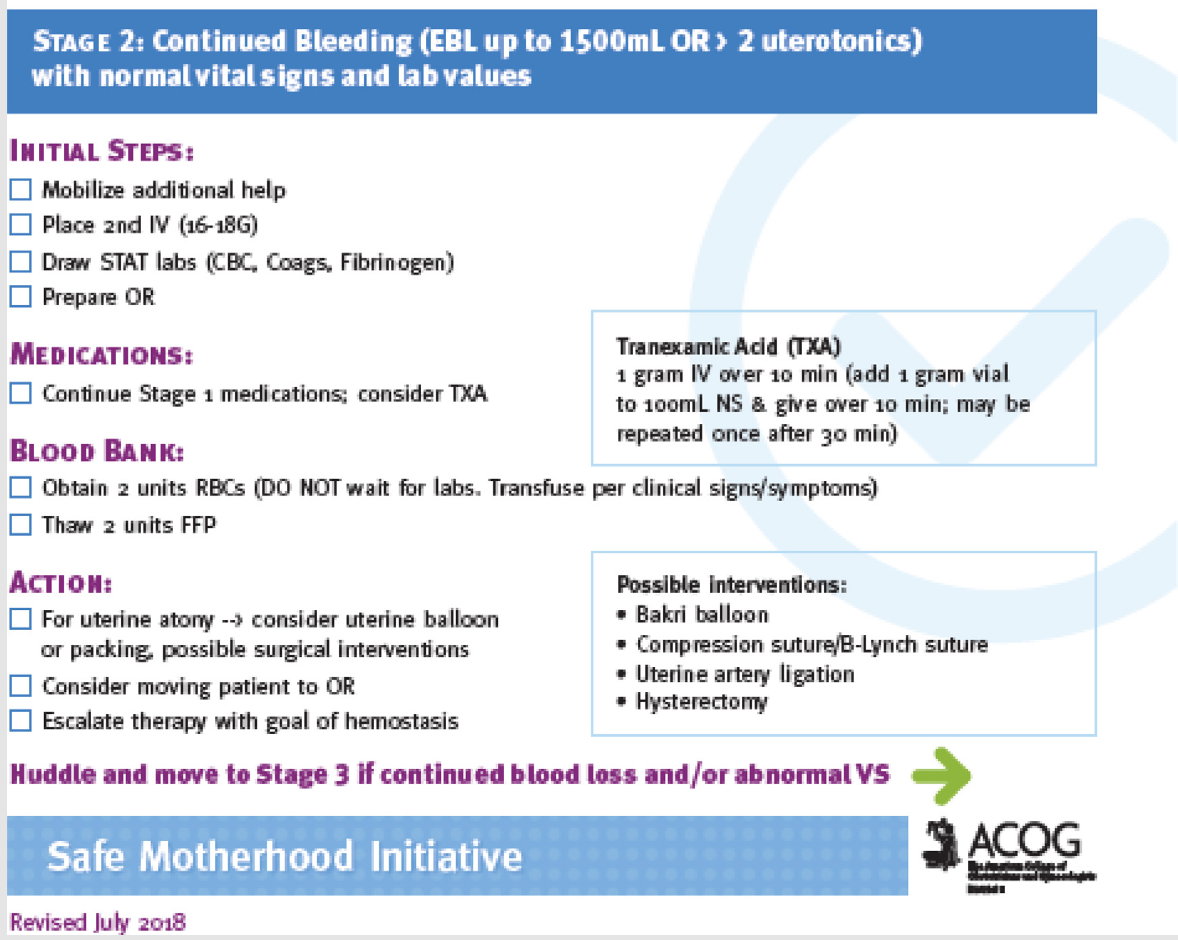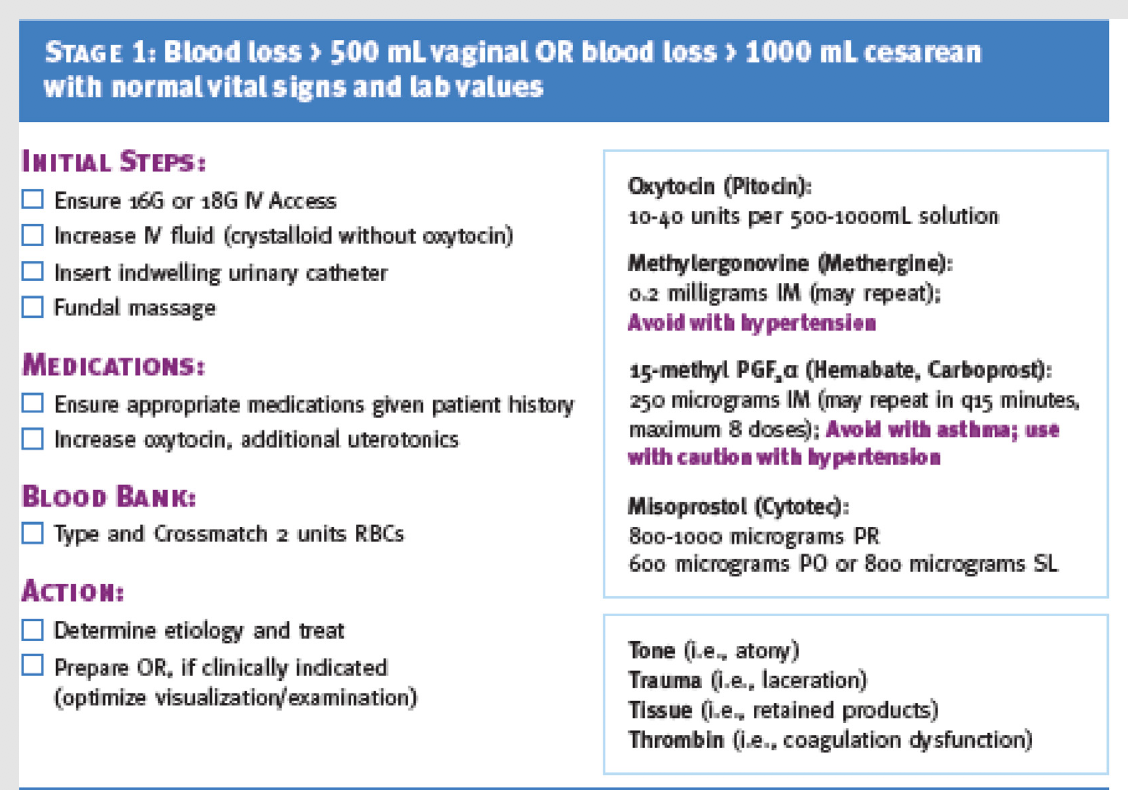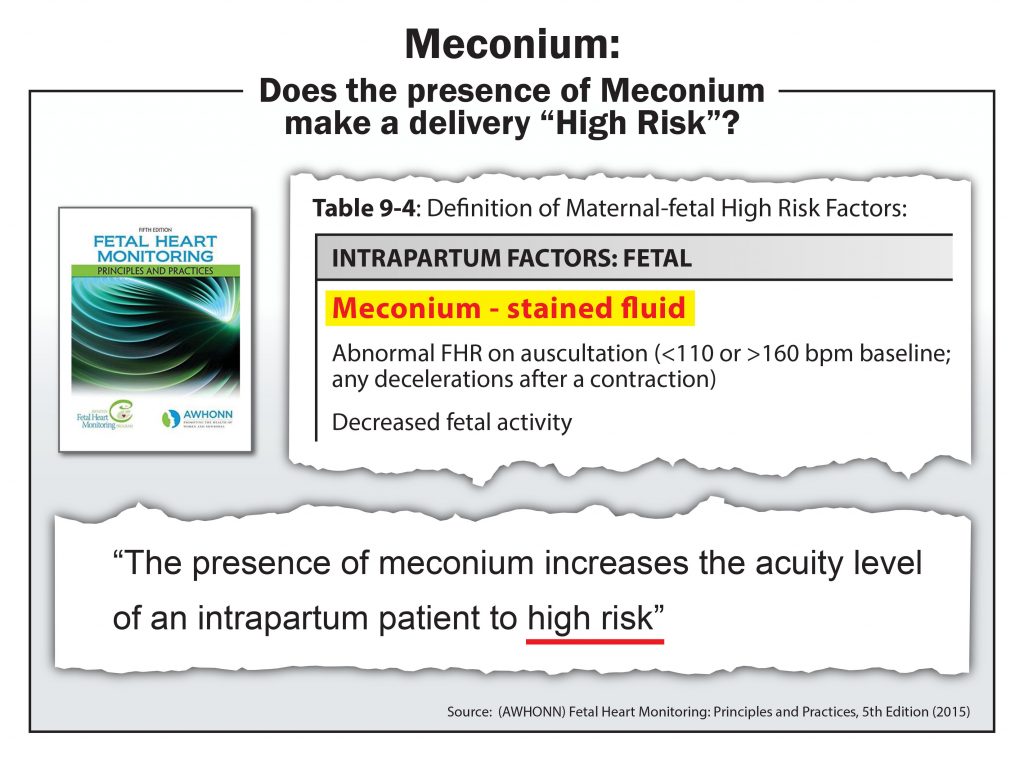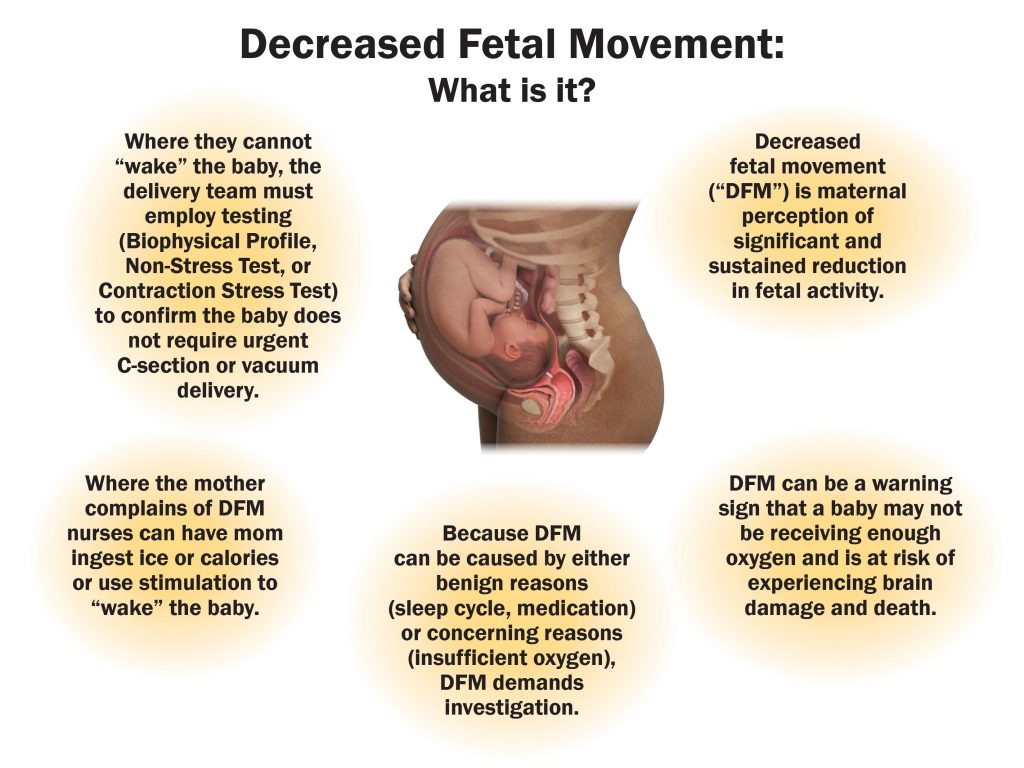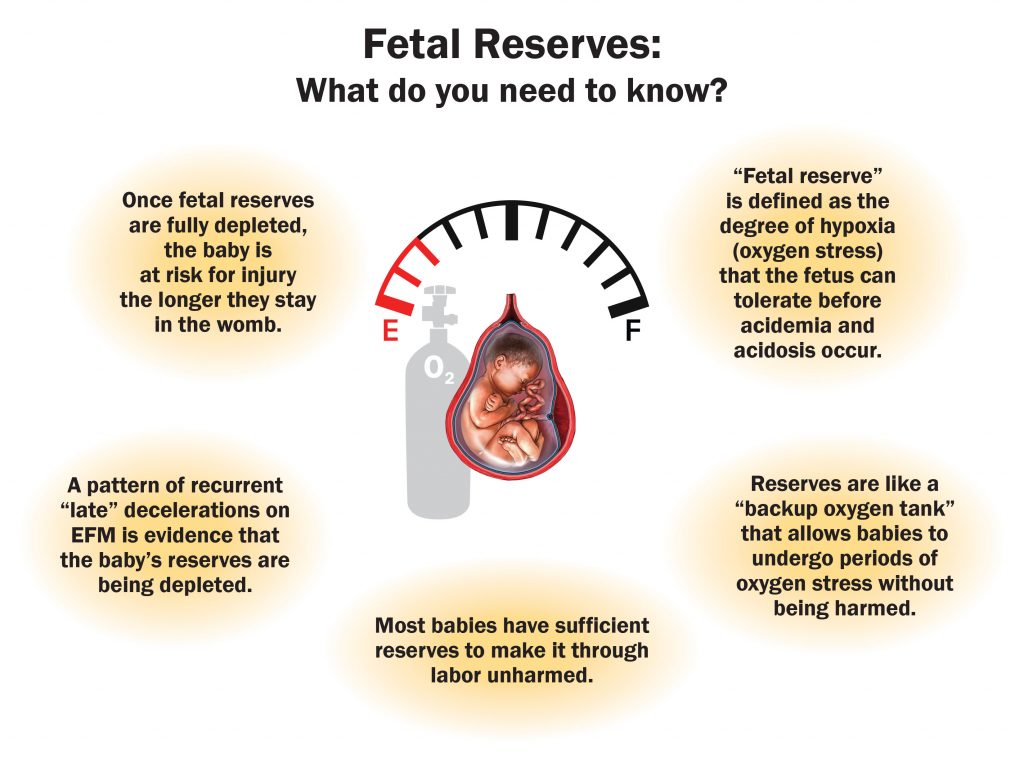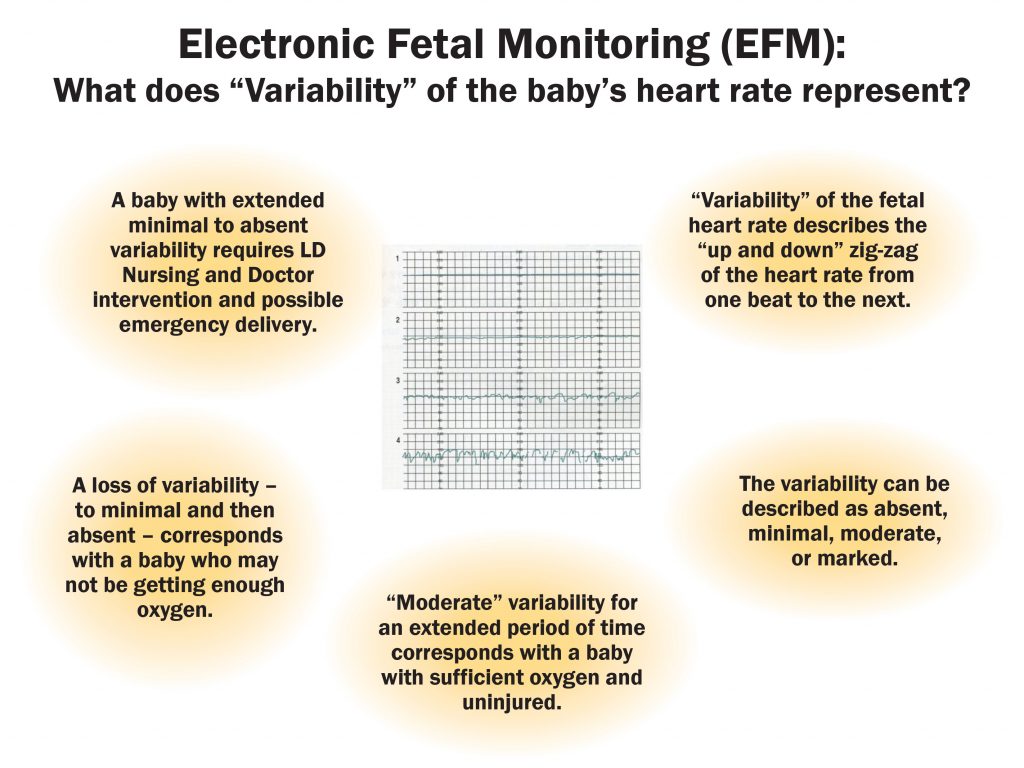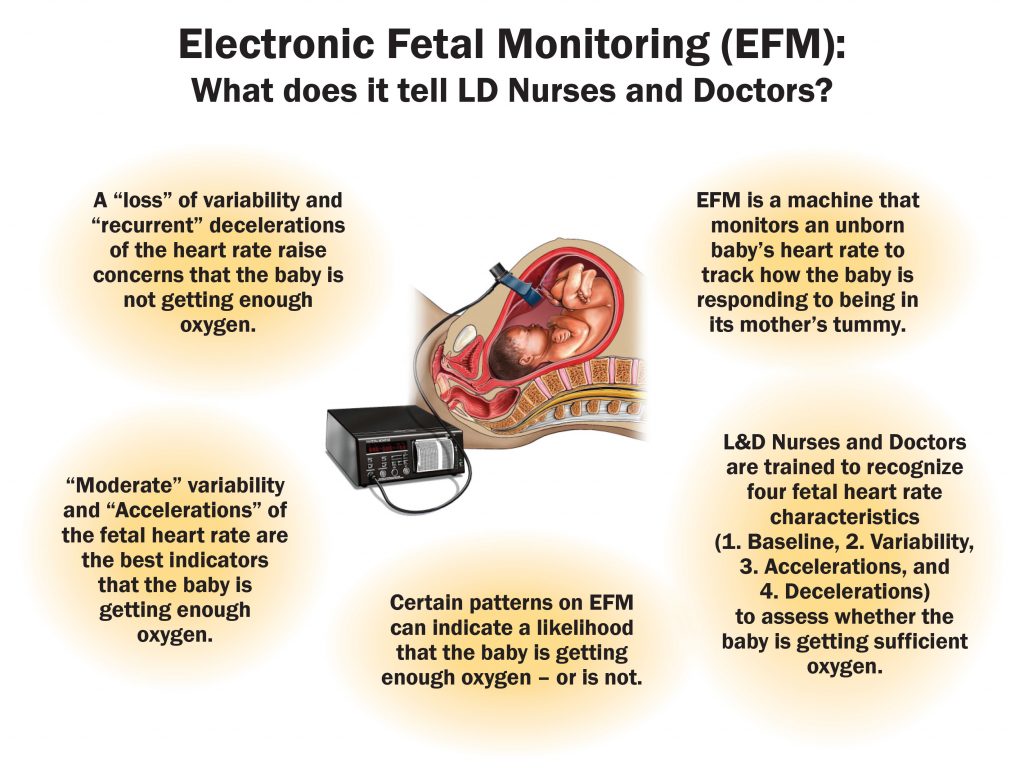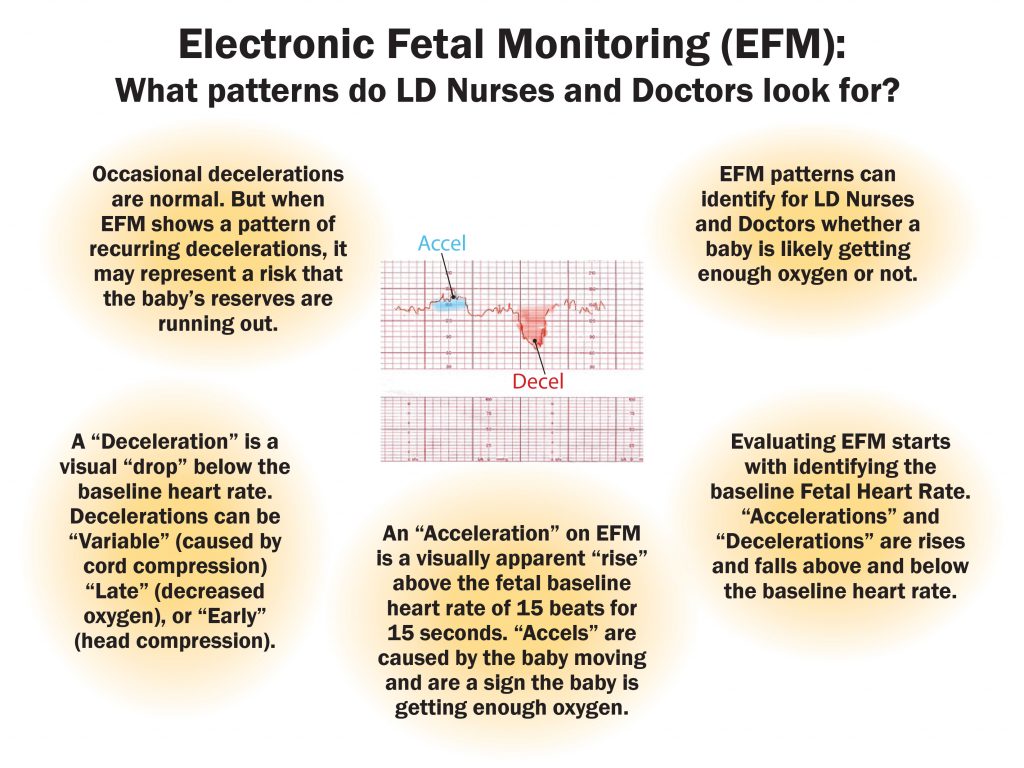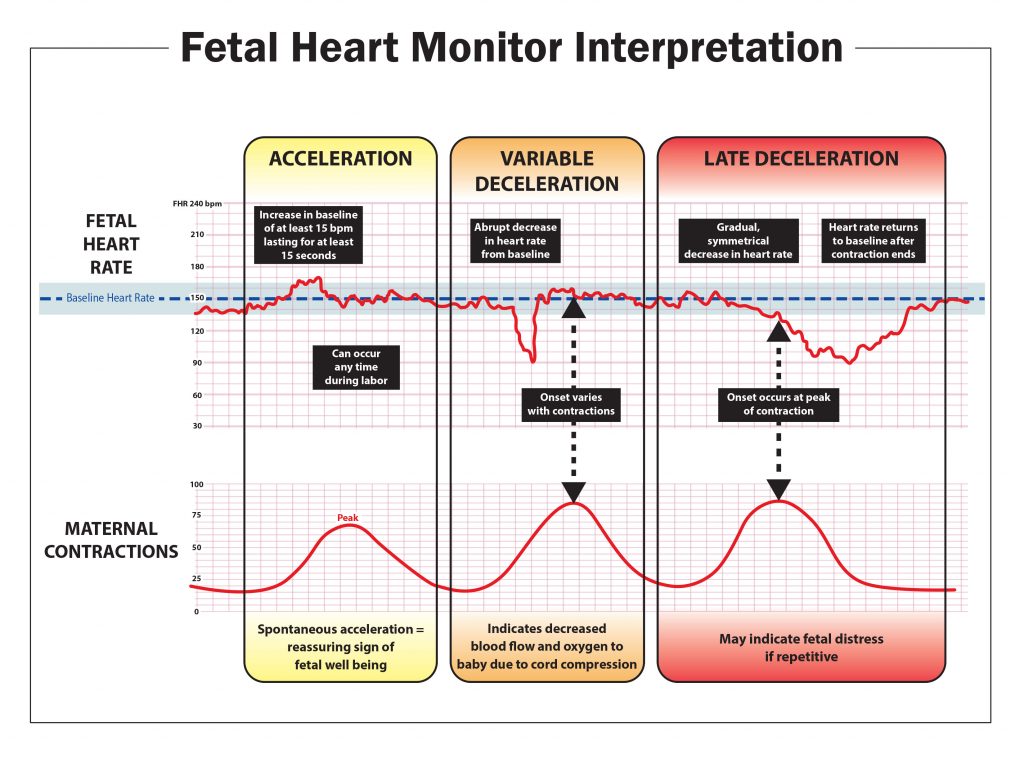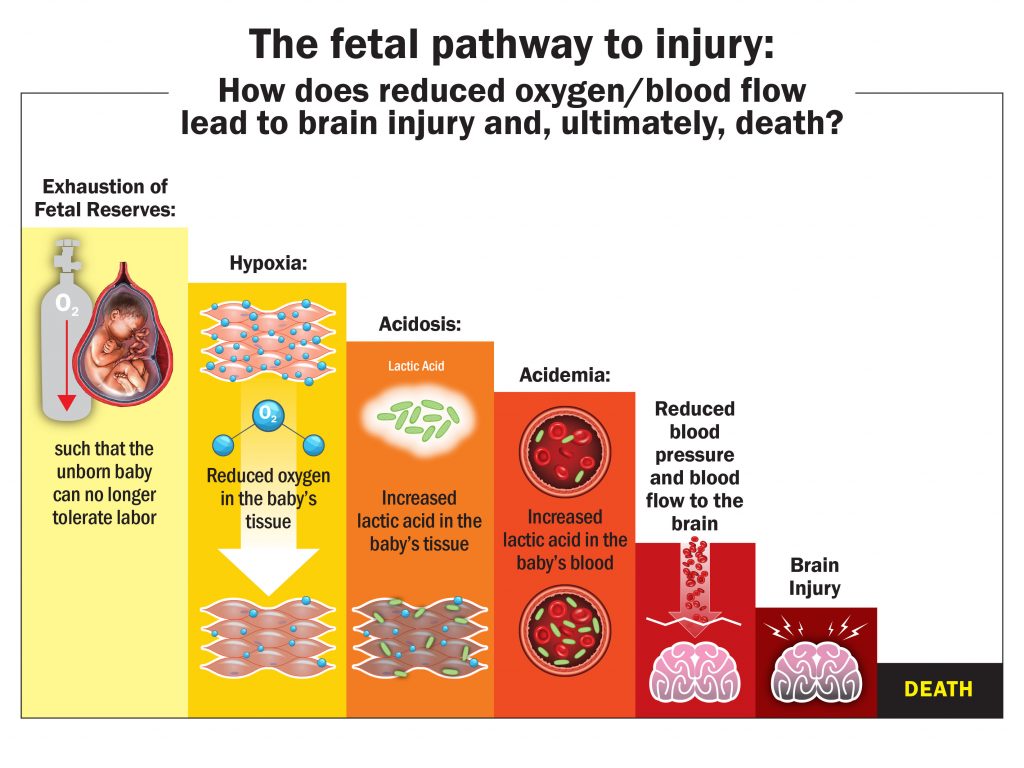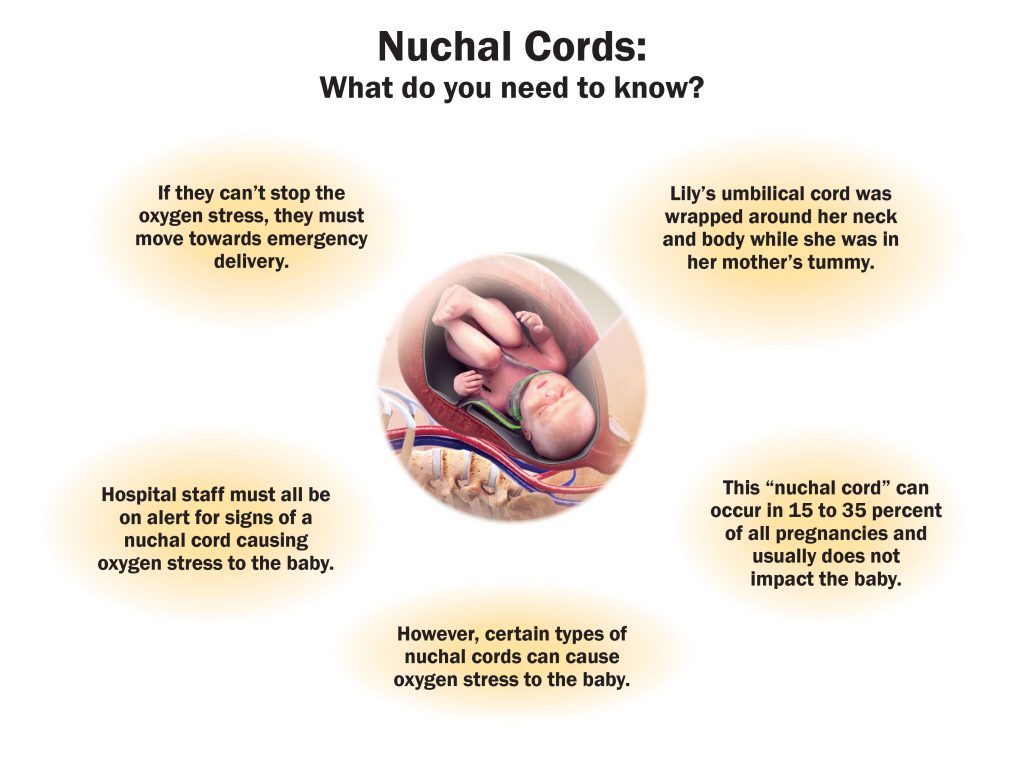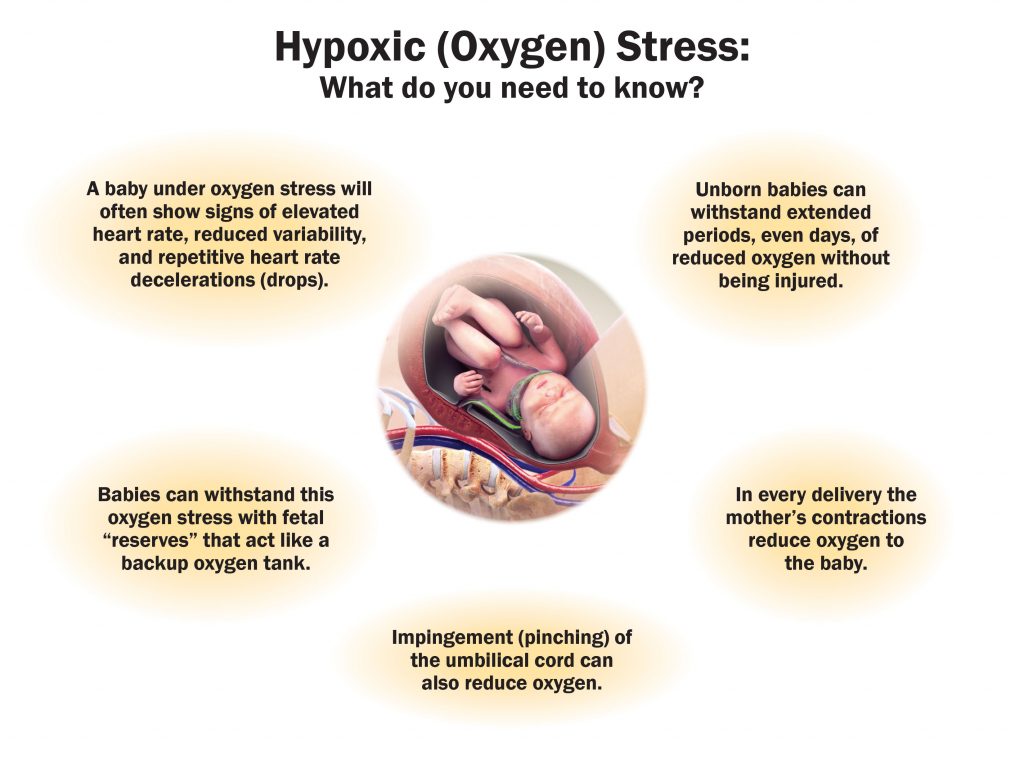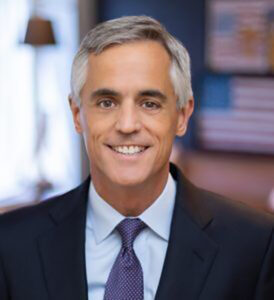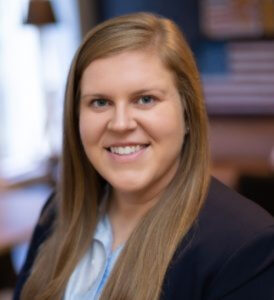According to an article in the February 23rd edition of the New York Times, NASCAR is behind the times in dealing with concussions, in spite of the sweeping changes and preventive measures that other areas of sports have mandated. According to Dale Earnhardt Jr., the way drivers deal with concussions is outdated. Earnhardt warns drivers; do not ignore or hide the symptoms of concussion. He also advises all drivers to take an Impact evaluation test to aid in recovery from such an injury.
“This test can pinpoint where in the brain you’re struggling, what kind of injury you have, what kind of things you can do to rehab and to recover,” he said. “It helped me a lot. There was a lot of good information I learned throughout that whole process.”
Earnhardt suffered 2 concussions last year, the first one on August 29th in a crash at Kansas Speedway, and the second in a multiple car crash on October 7th at Talladega Speedway.
In an interview following an awards ceremony in 2012, Dale said “I think I should have been smarter about the first time I crashed at Kansas and I didn’t feel good and started to get nauseous after that. I knew right then I had a really bad concussion. I wish I would have taken it more seriously.”
Speaking about the first crash, he said “having dealt with concussions before, I thought I would just drive through it and everything would be fine, as long as I didn’t have another crash. But I wasn’t lucky enough to avoid another accident. I feel foolish in that regard that I was careless.” Earnhardt said that he didn’t report his symptoms after the first concussion because he didn’t want to be taken out of the race.
Two days after the second crash October 7th at Talladega, he began having persistent headaches, and at that time saw his personal doctor, Dr. Jerry Petty. Dr. Petty is also the physician for NASCAR. After the second concussion, he was out two races before he was well enough to return. “I trust his opinion,” Earnhardt said. “That’s why I went to see him. He’s been a good friend of mine for a long time, helped me through a lot of injuries before. I believe when he tells me I don’t need to be in the car.”
Earnhardt’s father, Dale Earnhardt Sr., died in 2001 at the Daytona 500 held at Daytona Speedway, after a crash in which he sustained blunt force trauma to the head.
Another driver, Eric McClure, missed six weeks of the 2012 racing season due to the lingering effects of a concussion he suffered at Talladega on May 5th, which was the third concussion of his career. It was due to this fact that he was required to sit out the extended period. “I really felt . . . after the first two weeks of being away from the track, and having total brain rest, that I was ready. But (my doctor) felt like we needed to wait, and I respect that opinion.”, McClure said.
NASCAR strengthened it’s commitment to keep drivers with concussions off the track in 2002, in large part because of a concussion that Dale Earnhardt Jr. had sustained after an accident in California that year, that left him unable to concentrate or communicate effectively with his crew chief.
Doctors at NASCAR care centers can require drivers to undergo CT scans or MRIs if they suspect a risk of concussion. The driver will not be cleared to race again until they obtain a medical release.
Robin Pemberton, NASCAR Vice-President of Competition, praised everyone for being proactive about head injuries, as compared to years ago, when drivers with concussions would ignore them and compete anyway. “It’s like anything,” he told ESPN. “We get better as time goes on. You learn from things and work on it and you make things better. That’s what we do.”
NASCAR is planning to make baseline concussion tests mandatory for all drivers in 2014.
If you or a loved one has suffered a traumatic brain injury as the result of else’s negligence, such as a car or truck collision, call us for help. We will talk to you and review your case for free. The Tyrone Law Firm specializes in representing those who have suffered devastating injuries resulting from the negligence of another. Our personal injury firm here in Atlanta has a very successful record of trying such cases.
Nelson Tyrone handles Brain Injury, Spine Injury and RSD/CRPS cases throughout the United States. He involves only the top medical, rehabilitation and life-care plan experts in the field. His results on behalf of clients include several of the largest settlements and verdicts on record.
You can reach us at 404-377-0017 or via email at admin@tyronelaw.com. If we can’t help you, we will do our best to put you into the hands of lawyers who can
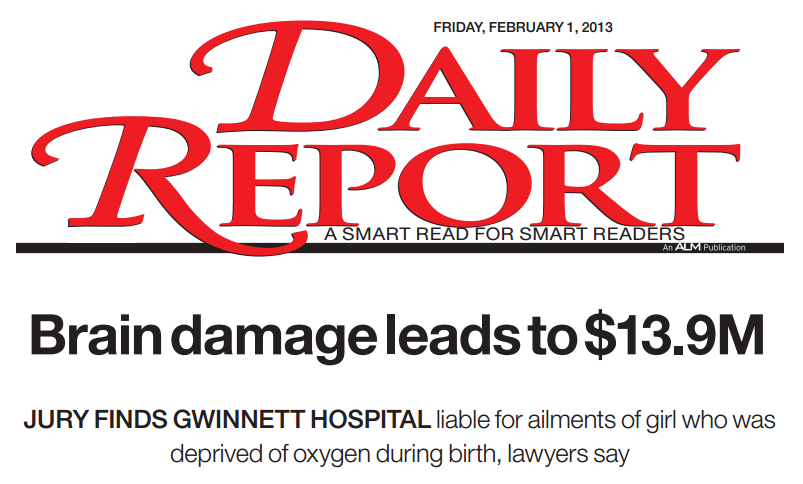
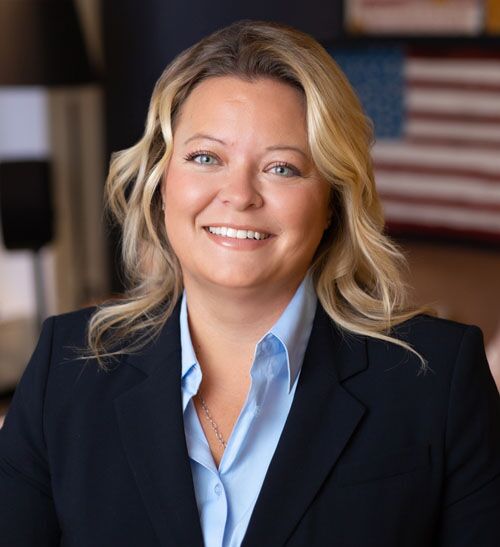
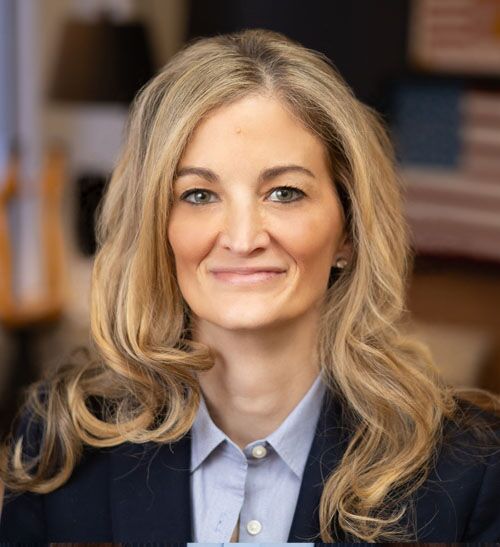
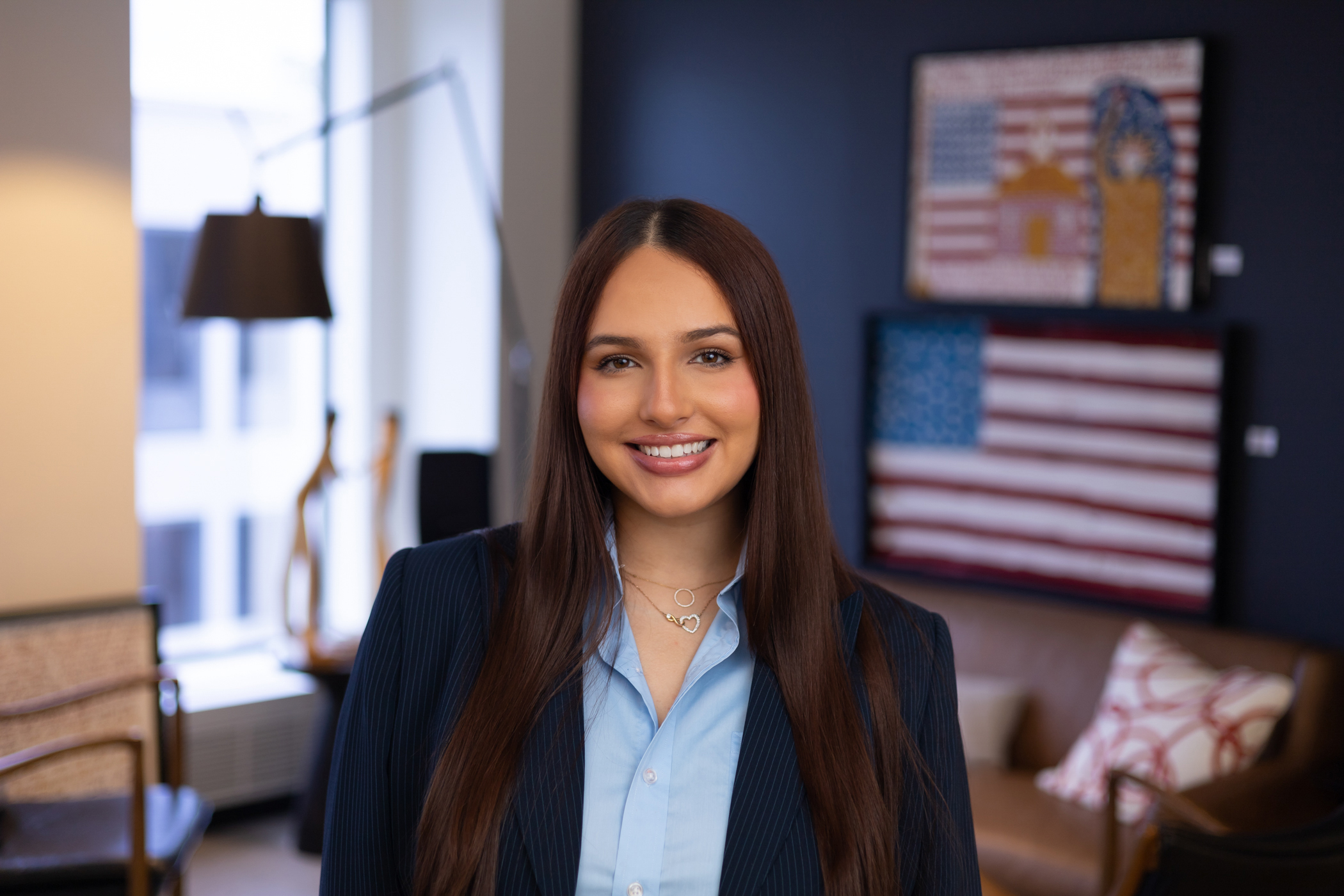
 Hayley serves as a Labor and Delivery Nurse Consultant for the Tyrone Law Firm. She attended and graduated Cum Laude from the University of Georgia in 2004 with a Bachelor of Arts degree in Journalism/Public Relations. After graduation she moved to the gulf coast where she pursued a career in real estate and development.
Hayley serves as a Labor and Delivery Nurse Consultant for the Tyrone Law Firm. She attended and graduated Cum Laude from the University of Georgia in 2004 with a Bachelor of Arts degree in Journalism/Public Relations. After graduation she moved to the gulf coast where she pursued a career in real estate and development.